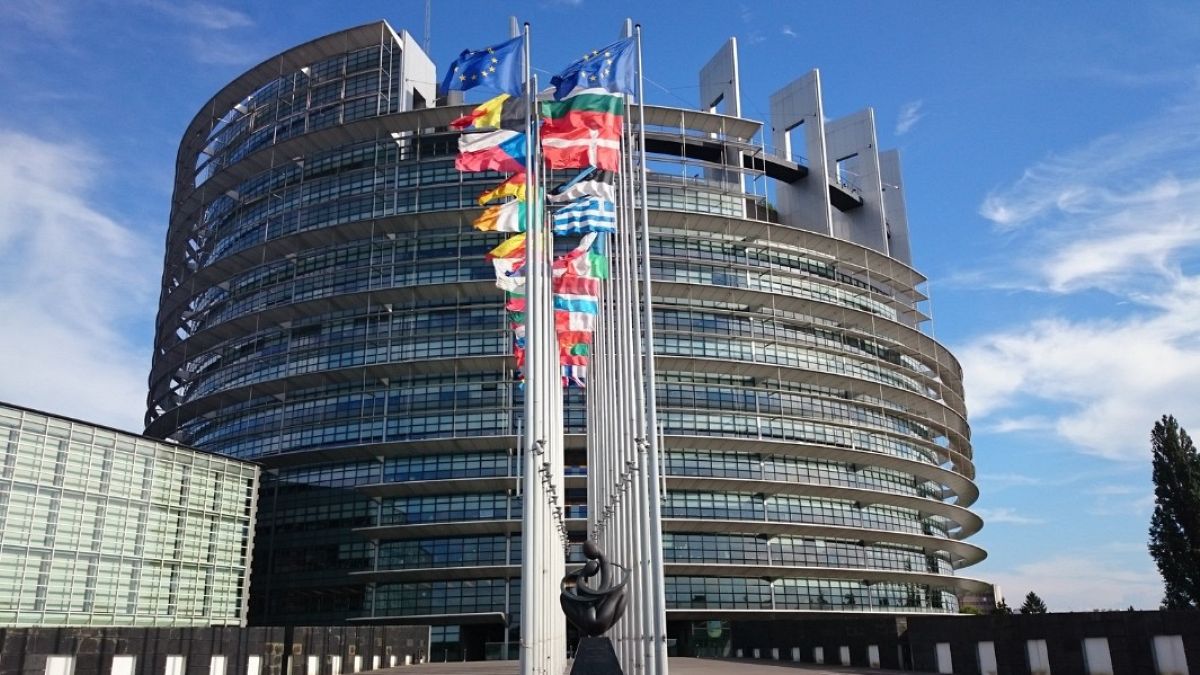Published on
The European Commission will likely have to decide whether the European Union needs new laws to force video game companies to preserve discontinued online games, after a successful citizens’ petition.
A European Citizens’ Initiative called Stop Killing Games surpassed one million signatures in at least seven member states, which is the threshold to force the Commission to consider issues raised by the public.
The petition argues that when video game makers decide to sell or discontinue online games, they typically sever the server connection needed for the games to run, effectively “destroy[ing] all working copies of the game”.
“This practice is effectively robbing customers of their purchases and makes restoration impossible,” the petition reads. “It represents a radical assault on consumer rights and even the concept of ownership itself”.
Organisers Aleksej Vjalicin and Daniel Ondruska had until the end of July to collect one million signatures to officially send the petition to the Commission for further study.
Launching ‘overdrive mode’
Vjalicin previously told Euronews Next that they mounted the campaign after Ubisoft, a French gaming company, shut down support for “The Crew,” an online-only racing game that launched in 2014 and has a player base of roughly 12 million.
The Stop Killing Games petition reached 1.25 million signatures, though they still need to be validated before the Commission will consider the issue.
Vjalicin said he and the petition’s supporters are “extremely thrilled” about reaching the milestone and “appreciate each and every signature that brought us closer to this critical milestone”.
They still hope to promote the campaign in what he’s calling “overdrive mode” to collect “as many signatures as we can,” because some might be invalidated during the EU’s review.
Few EU petitions have reached at least one million signatures since the programme launched in 2012. The Commission has replied to 10 petitions, while another four are being verified or under consideration.
What is the petition asking for?
The petition asks video game companies to create an “end-of-life” plan for a game they have decided to discontinue before they turn off the servers that support it, so people can continue to play it.
It argues that video games are “unique creative works” and killing these games “represents a creative loss for everyone involved and erases history in ways not possible in other mediums”.
The petition asks that any EU legislation also include protections for in-game features that players have bought.
Industry group Video Games Europe said in a position paper on the petition last week that the decision to discontinue a game “is multi-faceted and is never taken lightly”.
The group argues that players “are given fair notice of the prospective changes,” in accordance with consumer laws.
If the petition were to become law, Video Games Europe believes it would give companies “significant” engineering problems, undermine their ability to develop new games, and could “erode” intellectual property rights.
What happens next?
The Stop Killing Games initiative will not necessarily become EU law, given the Commission will still decide whether or not to draft new legislation.
The organisers still have a few steps before policymakers will even consider the petition.
First, “designated authorities” in all EU countries will carry out exhaustive or random checks to make sure the signatures are legitimate.
A certificate with the number of valid signatures will be sent from each national government to the organisers. Once they’ve received all of those documents, the petition can then be submitted to the Commission, which will hold a “structured discussion” with the organisers.
The European Parliament typically holds public hearings in the following months to help draft the EU’s response.
The Commission then replies to the petition with the measures it will take – if any – along with a timeline for their implementation. If it decides to pursue new legislation, any proposal will go through the regular lawmaking process.

